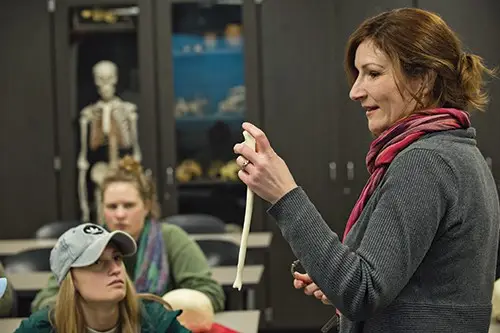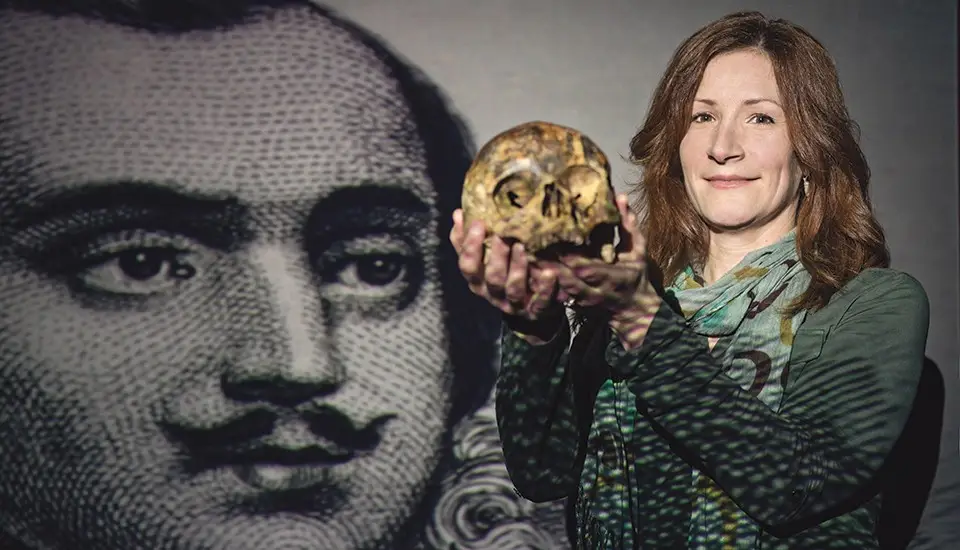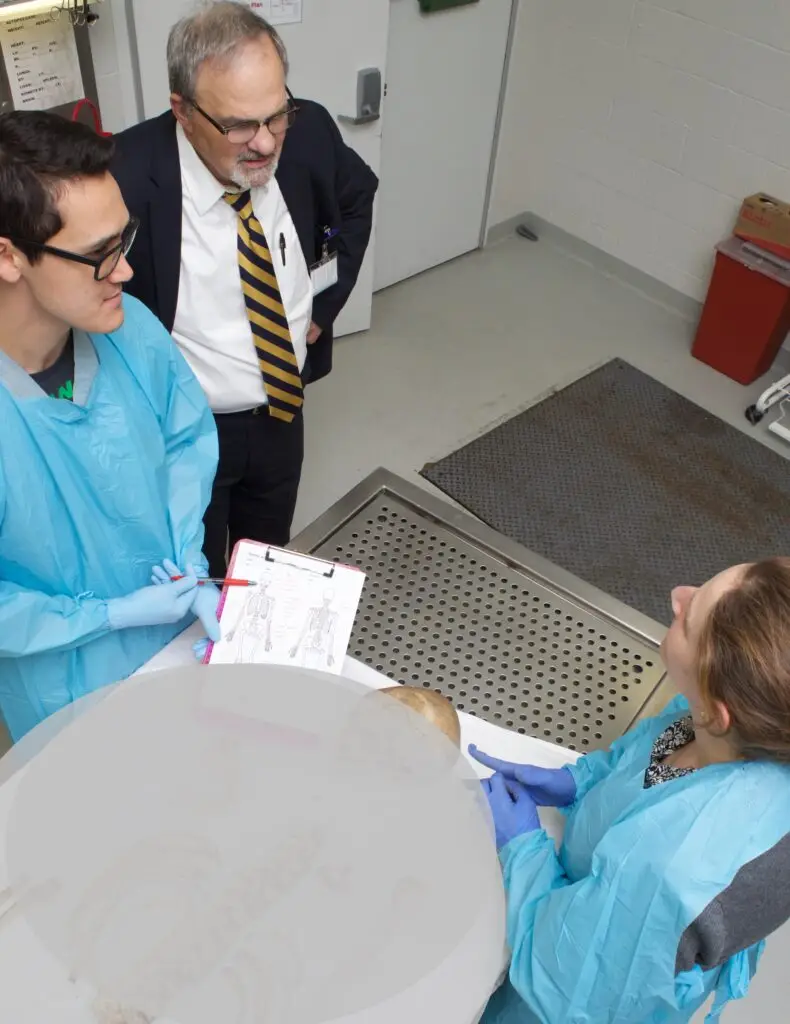Bio
Dr. Moore is a passionate mentor who encourages lifelong learning and critical thinking, and who serves as an advocate for those who no longer have voices.
Educator
Dr. Moore sees herself as an education facilitator and a passionate mentor who encourages lifelong learning. Her teaching philosophy is to foster critical thinking with an emphasis on applied knowledge so that students can use the information and strategies learned from the classroom outside of the university. The evidence for her success can be found in her excellent student evaluations, peer evaluations, and in the prestigious student nominated teaching and mentorship awards that she has received, including the McNair Scholars Program Dr. Sarah H. Huyvaert Mentor Award (2024), Robert W. Collins Distinguished Teaching Award (2018), & the EMU Distinguished Honors Faculty of the Year (2017).
Courses taught:
- Medical Anthropology
- Introduction to Physical/Biological Anthropology
- Introduction to Cultural Anthropology
- Forensic Anthropology
- Human Osteology
- Advanced Research in Bioarchaeology
- Human Genetics
- Human Evolution
- Nutrition and Health Anthropology
- Human Body, Growth and Health
- Skeletal Trauma Workshop – ICITAP
- Research Methods, ICITAP
- Forensic Archeological Field School, ICITAP
- Advanced Forensic Archeological Field School, ICITAP
- Craniofacial Anatomy for FBI Forensic Artists
- Anatomy & Physiology Lab with cadaver

Researcher
Professor Moore’s research in human skeletal biology ranges from forensic anthropology and biomedical anthropology of modern Americans to bioarchaeology of ancient populations in France and Turkey. She has led EMU students at bioarchaeological field schools in Northern France to analyze skeletons from an early medieval cemetery and in southern Turkey to analyze human cremains from a late Roman/early Byzantine site. Her recent research explores sexual polymorphism and conditions of intersex, which was inspired by her analysis of the remains of the Revolutionary War general, Casimir Pulaski. She contributed ground-breaking work in body mass estimation and the effects of obesity on the skeleton.
Research Interests and Areas of Expertise:
- Skeletal Biology
- Forensic Anthropology
- Functional Morphology/Biomechanics
- Bioarchaeology (France and Turkey)
- Human Rights
- Skeletal Pathology
- Sex Estimation

Forensic Anthropology Consultant
Dr. Moore is a D-ABFA certified Forensic Anthropologist (#140) and currently serves as the Forensic Anthropology Consultant for the Wayne County Medical Examiner’s Office in Detroit and for the Autopsy and Forensic Services of Washtenaw County, serving southeast Michigan. She has completed more than 150 forensic anthropology cases and has testified as an expert witness seven times. Additionally she taught several forensic anthropology short courses in Bogota, Colombia working for the International Criminal Investigative Training and Assistance Program (ICITAP) to train Colombian forensic professionals. She previously served as the coordinator of a medical imaging project, which conducted computed tomographic (CT) scans of over 600 modern donated skeletons from Tennessee and New Mexico. Before that, she worked with the Physicians for Human Rights in Cyprus as a forensic anthropologist to identify and repatriate remains from the 1974 war in Cyprus. Additionally, she has worked on archaeological teams in Cyprus, Arizona, and conducted CRM work in Ohio and Tennessee.

Please note that the teaching models and the skull of Casimir Pulaski shown in the images are replicas and not real bones.